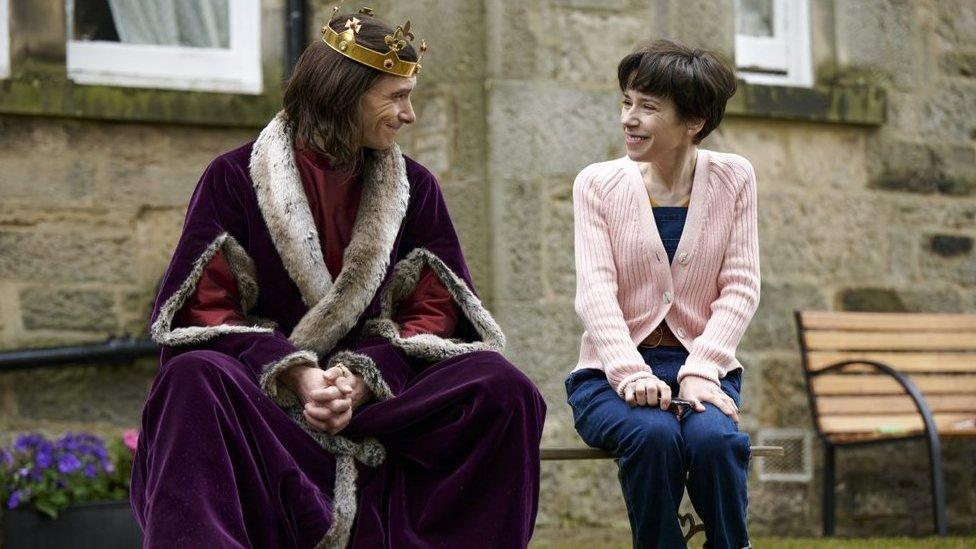Man gets payout over portrayal in Richard III film
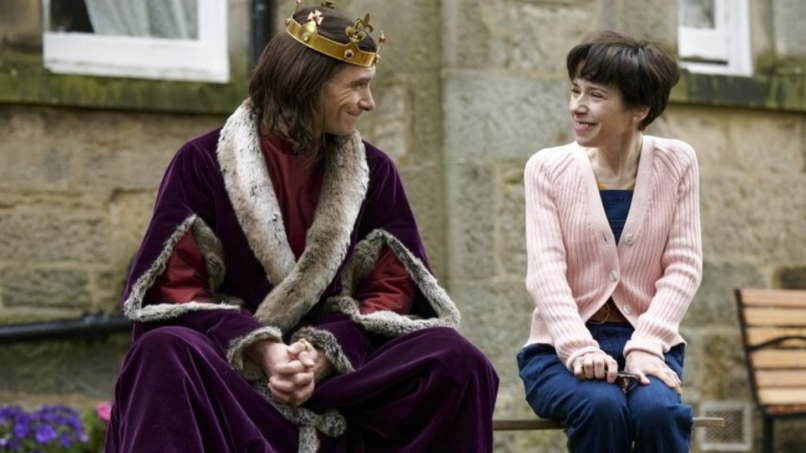
The Lost King film told the story of the search for Richard III's remains in 2012
- Published
A university executive is to receive "substantial damages" after a court ruling that the portrayal of him in a Steve Coogan film about the discovery of a Richard III's remains did have a defamatory meaning.
Richard Taylor sued the comedian, who wrote the film The Lost King, as well as production company Baby Cow, and Pathe Productions.
It was announced on Monday that Mr Taylor - who was unhappy about the way his character was portrayed - and the other parties had settled the claim.
After the settlement, Coogan said The Lost King - which told the story of the search for the Plantagenet monarch under a Leicester council car park in 2012 - was "the story I wanted to tell, and I am happy I did".
As a result of the settlement, the film will now carry a message at the beginning, and the defamatory comments will not be repeated.
Mr Taylor launched High Court action claiming the film had made him appear "misogynistic" and "weasel-like".
Speaking to the BBC outside the Royal Courts of Justice on Monday, Mr Taylor said: "I'm really pleased that we have finally established that the film is a defamatory portrayal of me - baseless in its depiction of me and a distortion of the search for Richard III.
"And I don't let that detract from what was a fantastic piece of teamwork, a collaborative experience where university academics and amateurs came together to search for Richard III.
"But it's fantastic now, that we have established in court that The Lost King is a misleading, defamatory, untrue portrayal of what happened in Leicester back in 2012."

Richard Taylor's lawyers described the settlement as a "defamation David and Goliath moment"
The Lost King focused on the role of historian Philippa Langley in the search, which involved archaeologists from the University of Leicester.
Mr Taylor was the deputy registrar of the University of Leicester at the time and was later played in the film by actor Lee Ingleby.
In June 2024, Judge Jaron Lewis ruled the film portrayed Mr Taylor as having "knowingly misrepresented facts to the media and the public" about the discovery, and as being "smug, unduly dismissive and patronising", which was defamatory.
The case was due to proceed to trial, but lawyers for Mr Taylor told a hearing on Monday that the parties had settled the claim.
As well as agreeing to a financial settlement, the producers are to add a card to the front of the film in versions in England and Wales.
The card will read: "Whilst in this film there is a character called Richard Taylor who is shown to be an employee of the University of Leicester, the portrayal of him is fictional and does not represent the actions of the real Mr Taylor, who was employed by the University of Leicester as its deputy registrar, and acted with integrity during the events portrayed."
No edits or cuts to the film were part of the settlement, producers added.
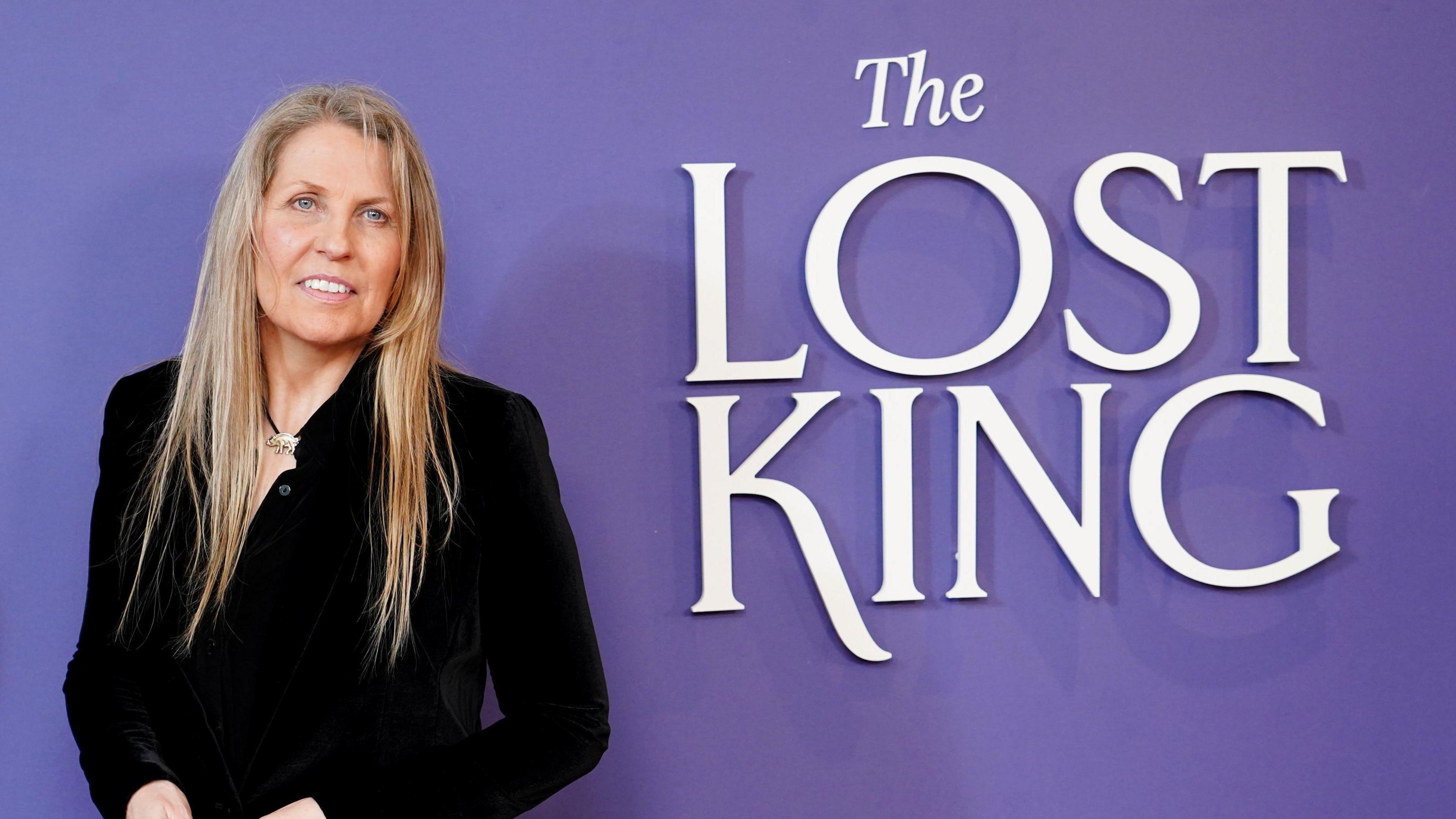
Steve Coogan said Richard III would still be under the car park in Leicester without Philippa Langley
Ms Langley said she had intended to appear as a witness for the production companies, but was unable to do so due to ill health.
She added: "It has been the most significant honour to have my story told by Pathe, Baby Cow and Steve Coogan."
Coogan added: "Further to Philippa's own statement, it is unfortunate that due to her ill health, we were unable to put evidence before the court so that the judge could independently come to a decision on the matter, which I would have preferred.
"Philippa Langley instigated the search for Richard III. Philippa Langley insisted on the dig in the northern area of the social services car park where the remains were found.
"Philippa Langley raised the majority of the money for his exhumation.
"If it wasn't for Philippa Langley, Richard III would still be lying under a car park in Leicester.
"As already stated, the only changes to the film will be a front card, which will follow the existing card, which says that this film is a true story, Philippa Langley's story.
"That is the story I wanted to tell, and I am happy I did."
'Remarkable contribution'
In a statement after the hearing, Mr Taylor - now the chief operating officer at Loughborough University - added: "Whilst it is clear to me that the defendants were misled as to the events of the discovery, they made a deliberate choice to accept those accounts, failing to speak or check basic facts.
"Our work is twisted into a false caricature of university elitism, ivory towers and self-interest."
Mr Taylor said Ms Langley's initiation of the project and "driving confidence" had made it possible for Richard III to be found.
He added: "Hers was a remarkable contribution. But it did not extend to leading the archaeological search or scientific analysis, for which she was neither qualified nor experienced to lead.
"I could have dropped Philippa's approach for help into the waste bin when it arrived in 2011, and there have been days over the last three years when I wished that I had.
"But I didn't, and my decision to deploy the resources and expertise of the university enabled this search to happen."
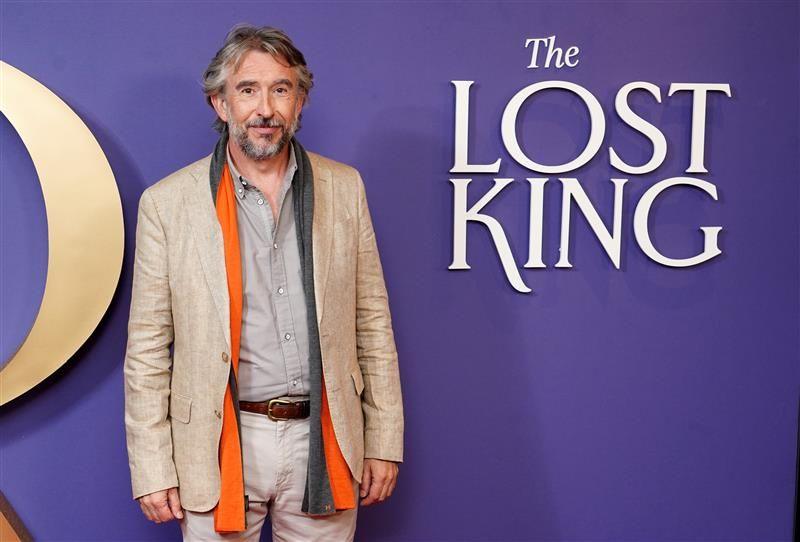
Steve Coogan's lawyers previously said the film was not a literal portrayal of events
Daniel Jennings, defamation partner at Shakespeare Martineau, which represented Mr Taylor, described it as a "defamation David and Goliath moment".
He said: "Individuals often feel unable to speak up against large corporations and well-known personalities, but this win demonstrates that there is recourse when wrongs have been committed.
"We live in an era of documentaries, podcasts and very public investigative journalism and there's a growing trend for film and television productions to be labelled as 'true accounts' to grab audience attention and generate media buzz around new releases."
Mr Jennings said the case "should act as a real warning for anyone looking to use those tactics".
He added: "The law is very clear and there are defined routes to compensation for individuals who find themselves misrepresented."
A joint statement from Pathe Productions, Baby Cow Productions and Steve Coogan added: "As a distributor and producer recognised for bringing complex, real-life stories to audiences, we are deeply aware of the responsibility that comes with such portrayals and approach each project with care, integrity, and a commitment to authenticity.
"We remain incredibly proud of this film and are pleased this matter has now been settled.
"As part of the agreement, no material editorial changes will be made to the film beyond an onscreen clarification at the beginning of the film."
Additional reporting by Laura Hammond and PA Media
Get in touch
Tell us which stories we should cover in Leicester
Follow BBC Leicester on Facebook, external, on X, external, or on Instagram, external. Send your story ideas to eastmidsnews@bbc.co.uk, external or via WhatsApp, external on 0808 100 2210.
Related topics
- Published14 June 2024
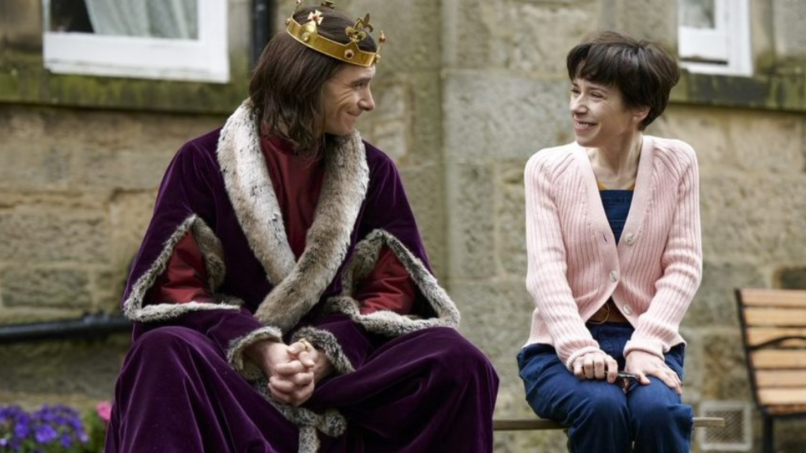
- Published29 February 2024
